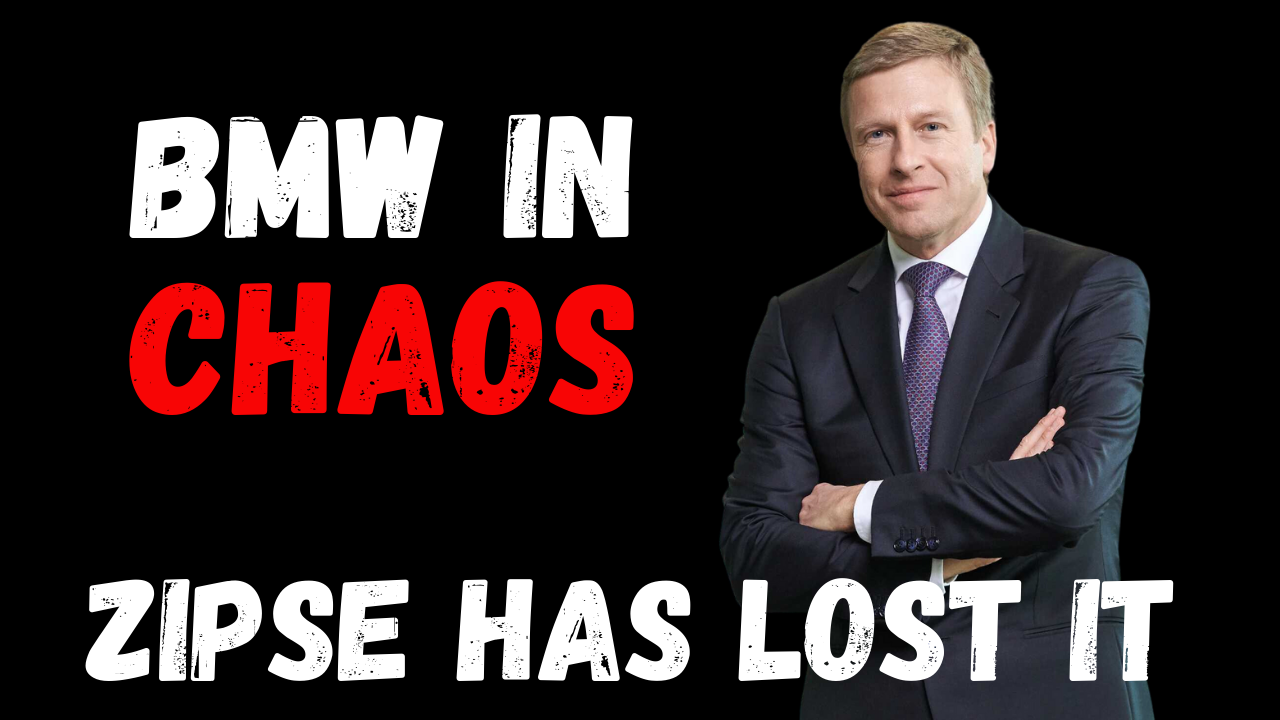In recent times, the automotive industry has been steering towards a future dominated by electric vehicles (EVs). Amidst this transitional tide, BMW, a name synonymous with premium automobiles, seems to be caught in a whirlpool of confusion, seemingly stirred by its own mixed messages. Over the last year, the EV sales of BMW have plateaued, a stagnancy that reflects the disarray within the company's strategic corridors. The face of this chaotic scenario is BMW's CEO, Oliver Zipse, whose conflicting statements and apparent disinformation have not only muddled BMW's narrative but also raised eyebrows among the environmentally conscious populace.
One of the core confusions stems from Zipse's reluctance towards the proposed phase-out of combustion engines by 2035. His skepticism, underscored by his concern over the adequacy of EV charging infrastructure, seems misaligned with the present reality. Notably, regions across Europe, including southern Italy, which Zipse referenced, are already witnessing a growing network of charging stations. Moreover, the daily augmentation of charging infrastructure by companies like Tesla showcases a stark contrast to Zipse's bleak portrayal. His narrative seems to waver between promoting BMW's electric, hybrid, and hydrogen vehicles, and advocating for internal combustion engine (ICE) cars fueled by E-fuels as a solution to long-journey travel concerns.

The discord doesn't end here. While BMW does boast some appealing EVs, their market traction seems to be dwindling in the face of stiff competition, particularly from Tesla. For instance, in Denmark, where a plethora of EV choices exists, Tesla's Model 3 and Model Y have outshone BMW's offerings like the iX2 and iX3 in terms of price, specifications, and integrated charging network convenience. The disparity in sales figures is telling; Tesla's Model Y alone has outsold BMW's iX3 by a staggering ratio of 20 to 1.

The irony lies in Zipse's claim of BMW's electric car sales in China, which reportedly dwarf the combined sales of competitors Mercedes-Benz and Audi. However, unlike BMW, these rivals have made clear commitments towards phasing out combustion engines, aligning with the global shift towards a more sustainable automotive ecosystem.
The discord in BMW's narrative comes at a time when the industry is gearing up for an all-electric future. Companies like GM and Ford, despite facing their share of challenges, have a clear roadmap towards embracing electric mobility. The ambiguous stance of BMW, flip-flopping between various automotive fuel technologies, sends mixed signals to its customer base and stakeholders alike. This lack of a clear strategic direction threatens to derail BMW from the fast-paced track of the electric automotive evolution.
As the gridlock over EV infrastructure that Zipse alluded to is being progressively unclogged by advancements in renewable energy and storage systems, BMW's wavering stance seems increasingly out of sync. The rhetoric from BMW's helm, contradicting widely available data and common EV ownership experiences, not only undermines the company's credibility but also hints at an uncertain road ahead.
As the automotive world accelerates towards a greener future, it's imperative for BMW to recalibrate its compass, lest it continues veering off the sustainable track. The conflicting messages emanating from BMW's leadership are not just shooting the company in the foot, but potentially driving one of the industry's stalwarts into an abyss of irrelevance.
Thanks for reading. Lars Strandridder, BestInTESLA



Share:
Tesla’s Strategic Price Cuts: Paving the Road to Sustainable Energy
Tesla Raises Model X Plaid Price by $5,000